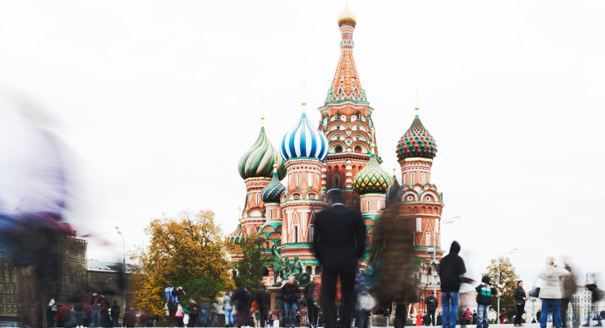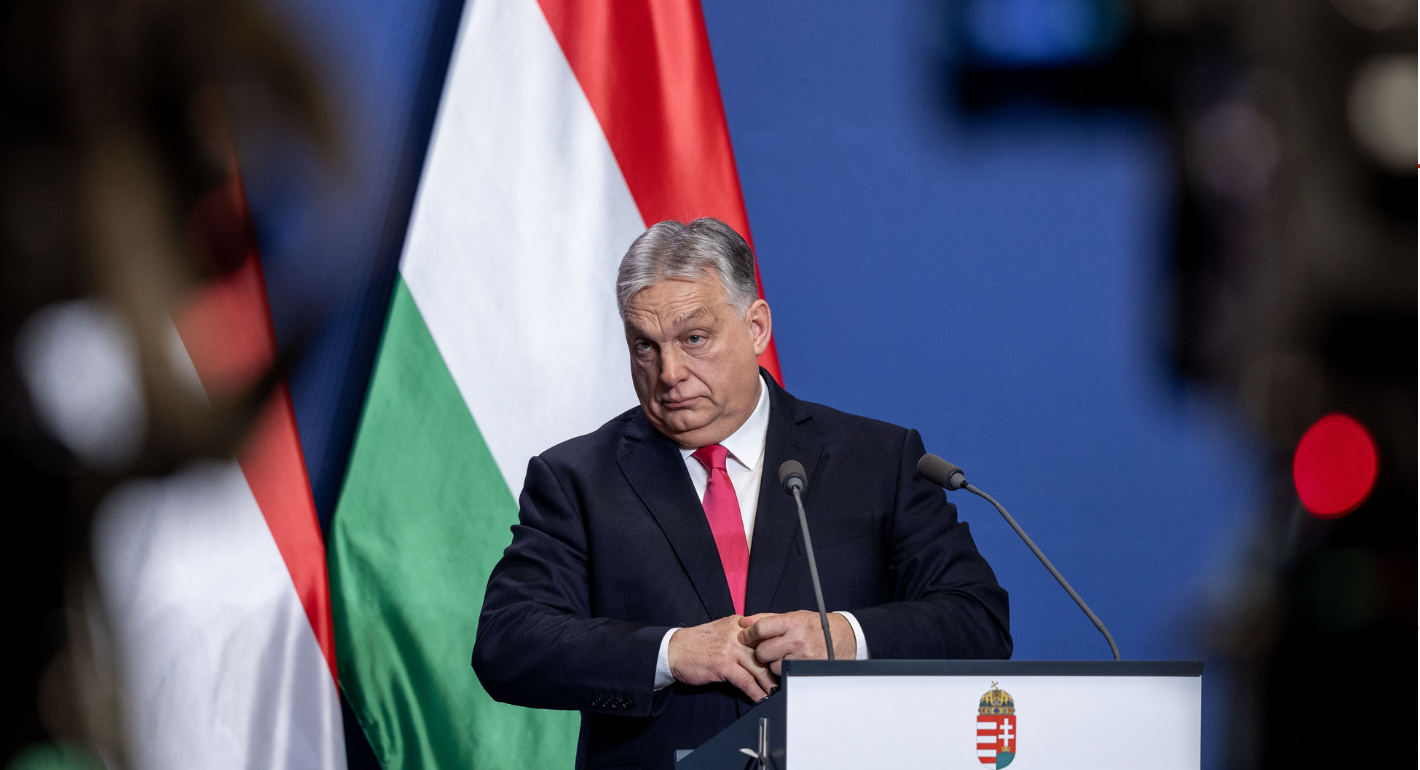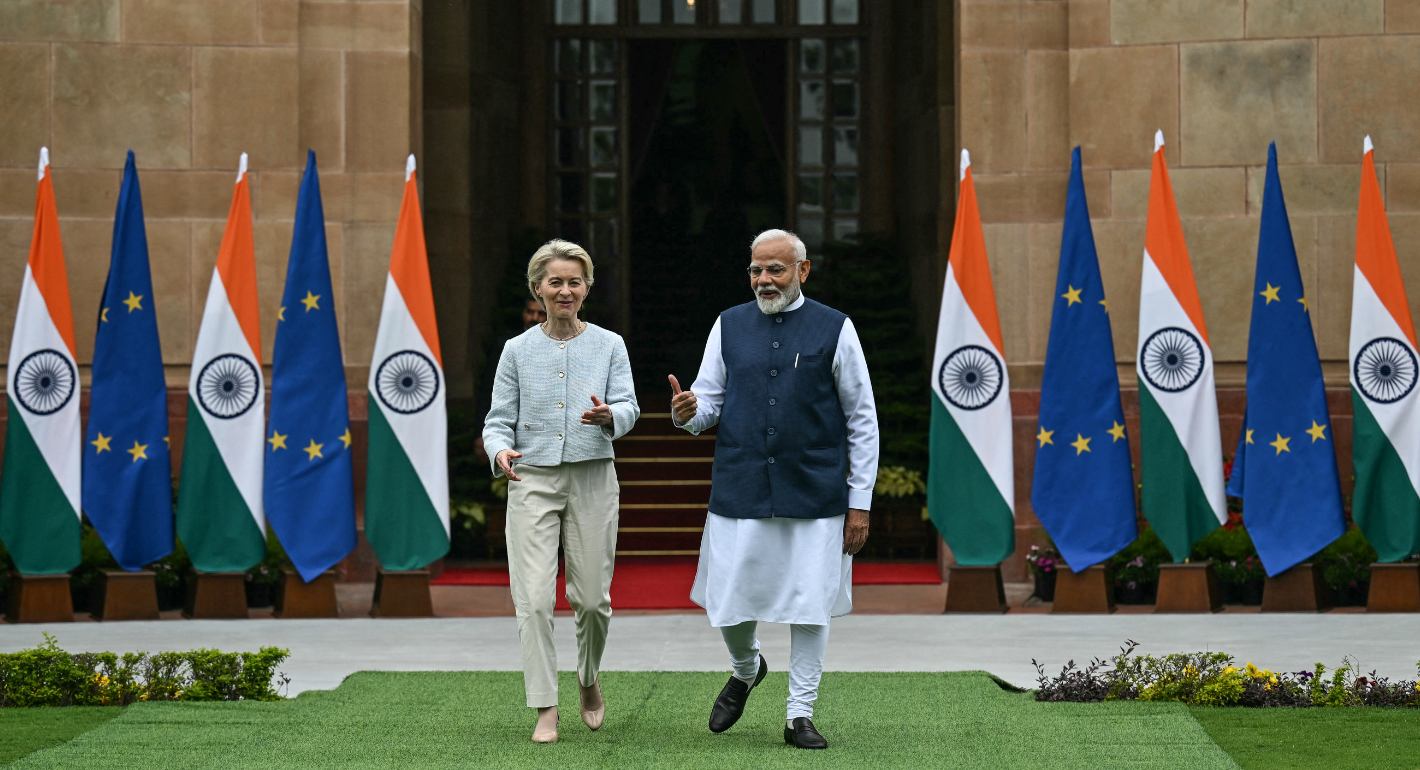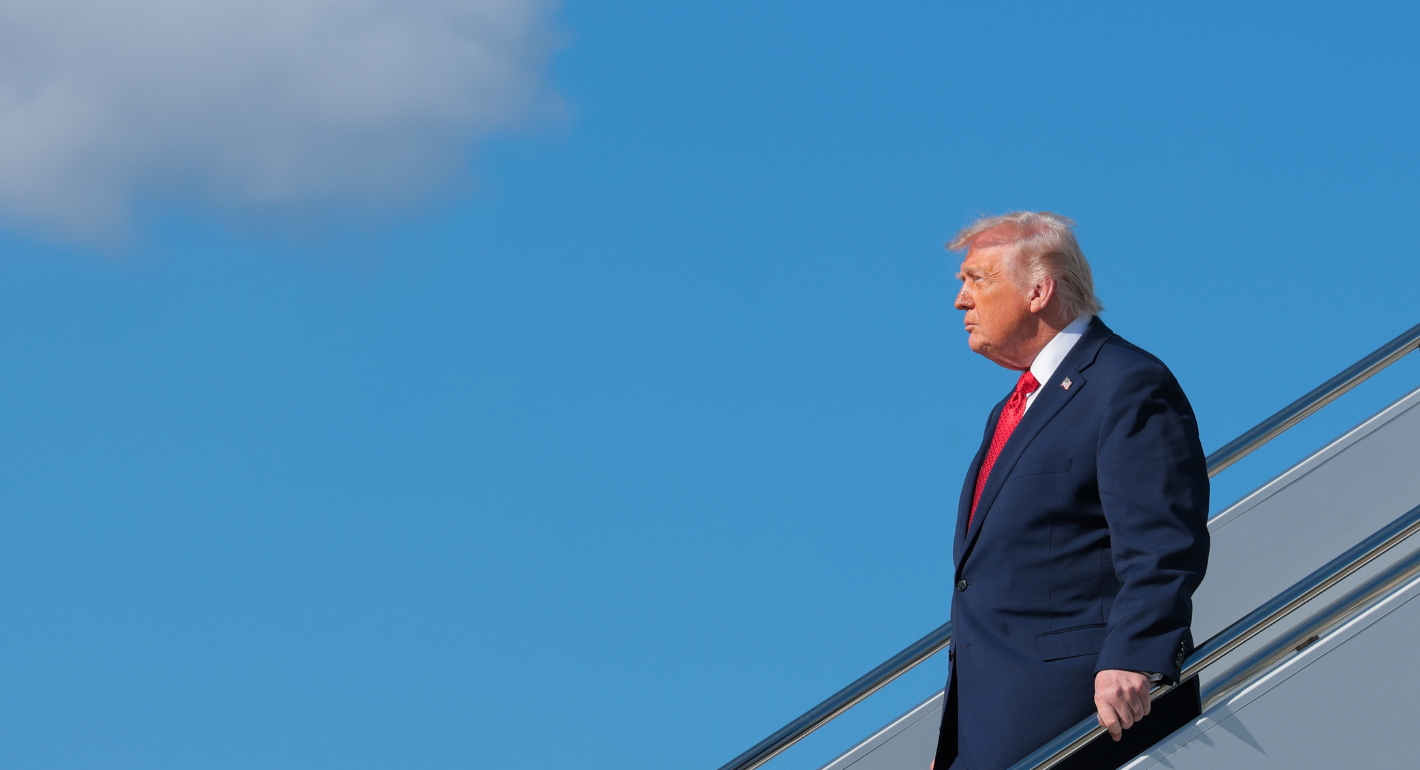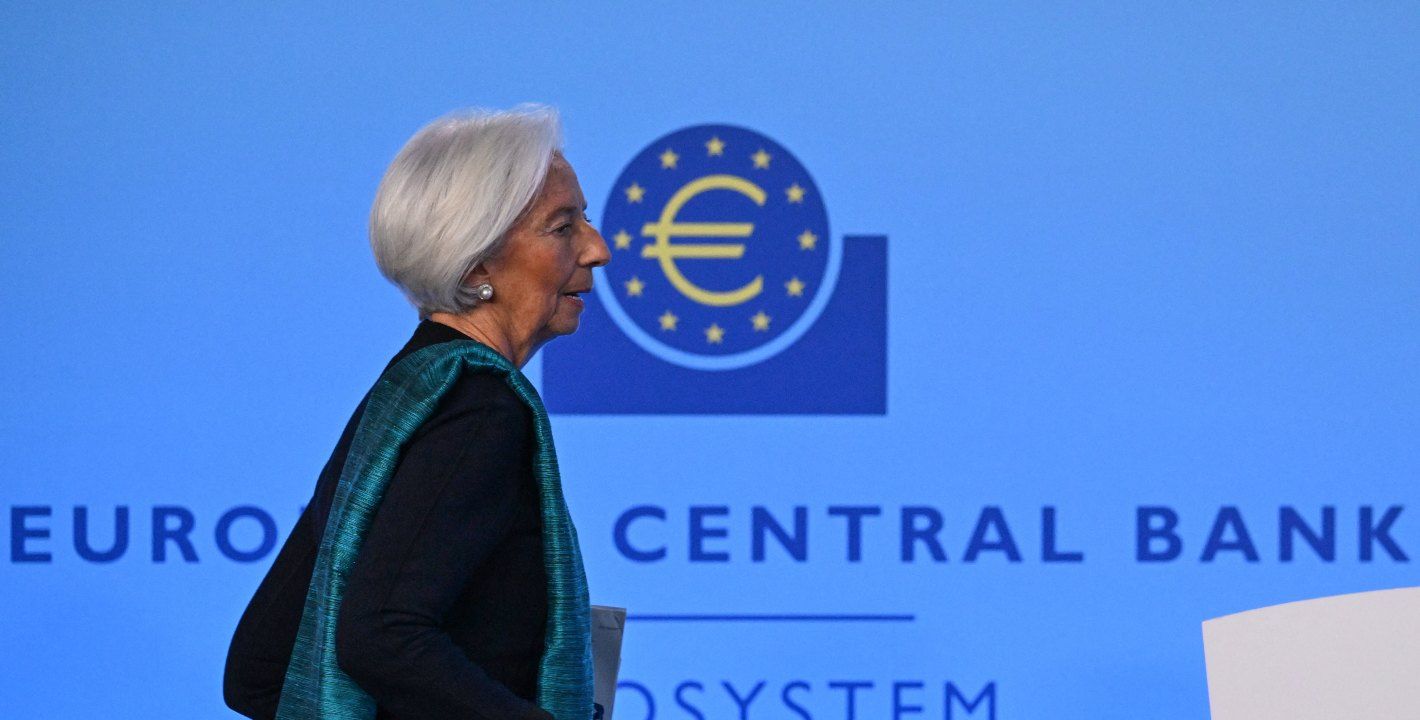Slowly but surely, the West’s attitude toward continuing the sanctions imposed on Russia for its meddling in eastern Ukraine is shifting.
In Europe, voices such as Germany’s Sigmar Gabriel, the leader of the Social Democratic Party, which shares power with Chancellor Angela Merkel’s conservative bloc, wants the sanctions to be lifted. Italy’s Prime Minister Matteo Renzi wants the measures reviewed when they come up for renewal in early 2016. Populist, Euroskeptic parties in France, Britain, Hungary, and other EU countries sympathize with Russia and its president, Vladimir Putin.
Europe’s big energy companies, led by those in Germany and France, are forging ahead with plans to extend Russian energy giant Gazprom’s reach in Europe by building another pipeline under the Baltic Sea to bring more Russian gas to Europe while bypassing Ukraine.
In the United States, Secretary of State John Kerry has hinted at linking the end of the sanctions to Russia’s cooperation in ending the war in Syria.
However, lifting the sanctions would be a serious mistake as long as the so-called Minsk II accord, aimed at ending the conflict in Ukraine, is not completely implemented. If the measures were lifted, it would not change a Russia that has undergone a radical transformation since its annexation of Crimea in March 2014 and its invasion of eastern Ukraine.
This transformation is so great and complex that Europe is now behind Russia—not in the sense of supporting it but in the sense that it lags behind in internalizing the changes taking place in that country. The reality is that Russia is on the road to isolation and, as a result, is rejecting globalization. Any new security institutions that some European leaders yearn for as a means to bring Russia back to the West are unlikely to change Russia’s behavior.
What will change Russia is reform. But long-overdue reforms are not on the agenda, according to three research papers just published on Russia. The authors believe that the impact of this lack of reform on Europe’s big Eastern neighbor will be profound and very damaging for Russia’s economic future.
In his new article “Deglobalizing Russia,” economics professor Sergei Guriev argues that the cost of Russia’s current isolation policy will lead the country further into stagnation. It is questionable whether Putin can in the meantime continue to use the nationalist card to disguise this inexorable direction of his country, the culture of corruption that is eroding any semblance of the rule of law, and the corrosion of trust in Russia’s state institutions.
Dmitri Trenin of the Carnegie Moscow Center pursues this argument. He writes that Russia needs a plan C. “Russia will be completely unable to revitalize itself as a world power if it does not address its own internal failings,” Trenin argues. “Russia needs to unambiguously prioritize domestic development—not just for the sake of having an international role, but to give itself any kind of future. Russia’s current political and economic order, if it persists, will sooner or later doom it to a tragic failure as a state.”
For Andrew Wood, a former UK ambassador to Moscow, the idea of Western-inspired Russian modernization is gone. “The West should instead remain . . . patient and consistent in its current position towards the Kremlin,” he writes.
These three papers put paid to the idea that Russia is in fact a strong power. Putin can send his fighter jets to Syria to support President Bashar al-Assad’s vile regime, continue to back fighters in the Donbas region of eastern Ukraine, and impose sanctions on Turkey after Ankara shot down a Russian military plane that had invaded its airspace. But at home, Putin’s economy is declining fast, and as these papers argue, he is doing nothing to reverse that decline.
Putin boasted that his decision to ban the import of certain European products in retaliation for EU sanctions would be to Russia’s benefit. Russia could easily compensate by relying on its own agricultural produce and other goods, the Kremlin maintained. But instead of using Western sanctions to introduce reforms and loosen the state’s grip on the economy and modernize the country’s infrastructure, Russia has let the opposite happen. It is as if populism, bravado, and the rejection of globalization were substitutes for growth.
More worrying for an economy that relies on oil and gas exports to maintain growth—exports whose prices are at record lows—is the creeping stagnation that began before the Ukraine crisis. And as Guriev argues, Russian trade and economic deals with China will not reverse the decline, however much the Kremlin tries to promote the idea that it does not need the West and can find a savior in China.
Few other analysts believe that Putin will embark on domestic reforms, despite the ever-increasing costs in delaying it. Europe, in the meantime, needs to pursue a strategy, and not by building new pipelines for Russian gas. That won’t lead to change.
Instead, the European approach should involve something more sustained, aimed at the younger generation and at Russia’s pockets of civil society and centered on soft power. Europe’s strategy needs to focus on expanding as much as possible scholarships for students, economists, and academics. Europe should pursue youth exchanges, something that Poland has been doing for the past few years to try to puncture Russia’s state propaganda, which depicts the West as decadent and hell-bent on destabilizing Russia and bringing about regime change.
As for the EU, it should stick to its trade, competition, and energy rules when dealing with Russia. The strict implementation of these rules has already forced Gazprom to change its politically motivated pricing policies with some of the Baltic states.
Above all, Europe—whether the EU, NATO, or the Organization for Security and Cooperation in Europe—will have to think hard about how to inject some predictability into its relations with Russia without compromising those institutions that Russia has repeatedly tried to undermine.

